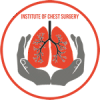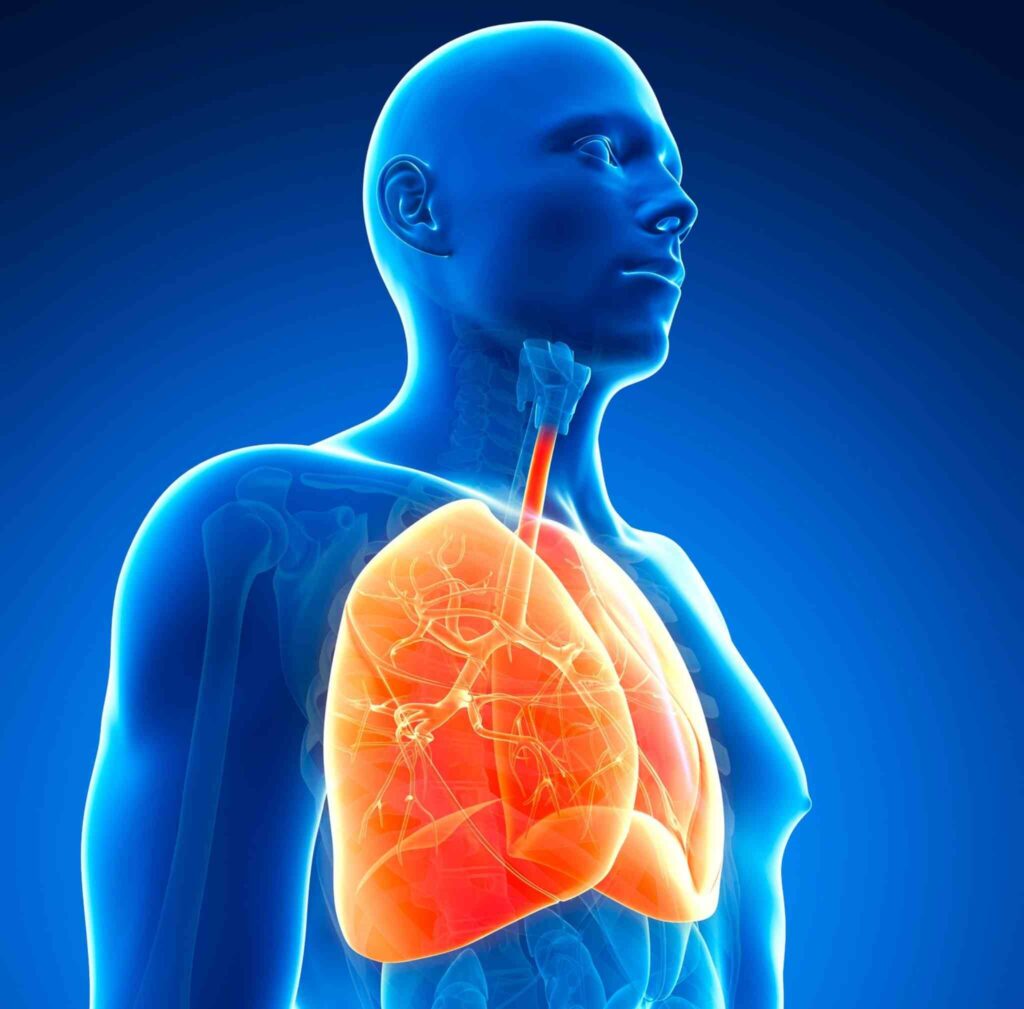Esophageal cancer is a serious and potentially life-threatening condition that affects the esophagus, the muscular tube responsible for transporting food and liquids from the mouth to the stomach. It is crucial to understand this disease and its different types to raise awareness, promote early detection, and ensure appropriate treatment. In this comprehensive article, we will delve into the intricacies of esophageal cancer, its risk factors, symptoms, diagnosis, and the various types it can manifest as.
Understanding Esophageal Cancer
Esophageal cancer occurs when abnormal cells grow uncontrollably in the lining of the esophagus, forming tumors. Over time, these tumors can affect the normal functioning of the esophagus and spread to nearby lymph nodes or other organs, leading to a decline in overall health. This disease is more prevalent in men than women, and its incidence increases with age.
Types of Esophageal Cancer
1. Adenocarcinoma
Adenocarcinoma is the most common type of esophageal cancer, accounting for approximately 50% of cases. It usually develops in the lower part of the esophagus, near the junction where the esophagus meets the stomach. This type of cancer is often associated with a condition called Barrett’s esophagus, which is a precancerous condition characterized by changes in the esophageal lining due to chronic acid reflux.
Risk Factors for Adenocarcinoma:
- Gastroesophageal reflux disease (GERD)
- Chronic heartburn or acid reflux
- Obesity
- Smoking
- Hiatal hernia
- Family history of esophageal cancer or Barrett’s esophagus
2. Squamous Cell Carcinoma
Squamous cell carcinoma is the second major type of esophageal cancer, accounting for around 30% of cases. It primarily develops in the upper and middle parts of the esophagus. Unlike adenocarcinoma, this type of cancer is often linked to lifestyle and environmental factors.
Risk Factors for Squamous Cell Carcinoma:
- Chronic tobacco use (smoking and smokeless tobacco)
- Heavy alcohol consumption
- Poor diet lacking in fruits and vegetables
- Hot beverages
- Exposure to certain chemicals and toxins
Symptoms of Esophageal Cancer
Esophageal cancer may not cause noticeable symptoms in its early stages, making early detection challenging. However, as the disease progresses, individuals may experience the following symptoms:
- Difficulty swallowing (dysphagia)
- Unintended weight loss
- Chest pain or discomfort
- Chronic cough or hoarseness
- Frequent heartburn or acid reflux
- Indigestion or discomfort in the upper abdomen
- Fatigue and weakness
It is essential to seek medical attention if any of these symptoms persist, especially if they are persistent or worsen over time.
Diagnosis of Esophageal Cancer
If esophageal cancer is suspected based on symptoms or risk factors, a series of diagnostic tests may be conducted to confirm the presence of cancer and determine its type and stage. These tests may include:
- Endoscopy: A thin, flexible tube with a camera (endoscope) is inserted through the mouth to visualize the esophagus and take tissue samples (biopsy) for examination.
- Imaging Tests: X-rays, CT scans, PET scans, or MRIs may be used to identify tumors, determine their size, and check for any spread to nearby lymph nodes or other organs.
- Barium Swallow: In this test, the patient drinks a liquid containing barium, which coats the esophagus and allows it to appear more clearly on X-rays.
- Endoscopic Ultrasound (EUS): Combining endoscopy and ultrasound, this test helps assess the depth of tumor invasion and lymph node involvement.
- Bronchoscopy: If there is concern about airway involvement, a bronchoscope may be used to examine the airways and take biopsies.
Treatment Options for Esophageal Cancer
The choice of treatment for esophageal cancer depends on various factors, including the type and stage of cancer, overall health, and individual preferences. The main treatment options include:
- Surgery: Surgical removal of the cancerous tissue is often the preferred approach if the tumor is localized and hasn’t spread to distant organs. The extent of surgery will vary based on the stage and location of the cancer.
- Radiation Therapy: High-energy rays are used to target and destroy cancer cells. Radiation therapy may be employed before or after surgery, or as the primary treatment for individuals who are not surgical candidates.
- Chemotherapy: Powerful drugs are used to kill cancer cells or prevent their growth. Chemotherapy can be administered before surgery to shrink the tumor or after surgery to eliminate any remaining cancer cells.
- Targeted Therapy: This treatment involves using medications that specifically target certain molecules or proteins that contribute to cancer growth.
- Immunotherapy: Immunotherapy drugs stimulate the body’s immune system to identify and attack cancer cells.
Conclusion
Esophageal cancer is a challenging disease, but with increased awareness, early detection, and advancements in treatment options, the outcomes have improved for many patients. Understanding the types of esophageal cancer and recognizing potential symptoms can aid in its early diagnosis, leading to more effective treatment and better chances of recovery. It is essential for individuals to prioritize their health, adopt a healthy lifestyle, and seek medical attention promptly if they experience any worrisome symptoms or have known risk factors for esophageal cancer.
Remember, this article is for informational purposes only and should not be considered a substitute for professional medical advice. If you have concerns about your health or potential symptoms, consult a qualified healthcare provider for a proper evaluation and personalized care.






